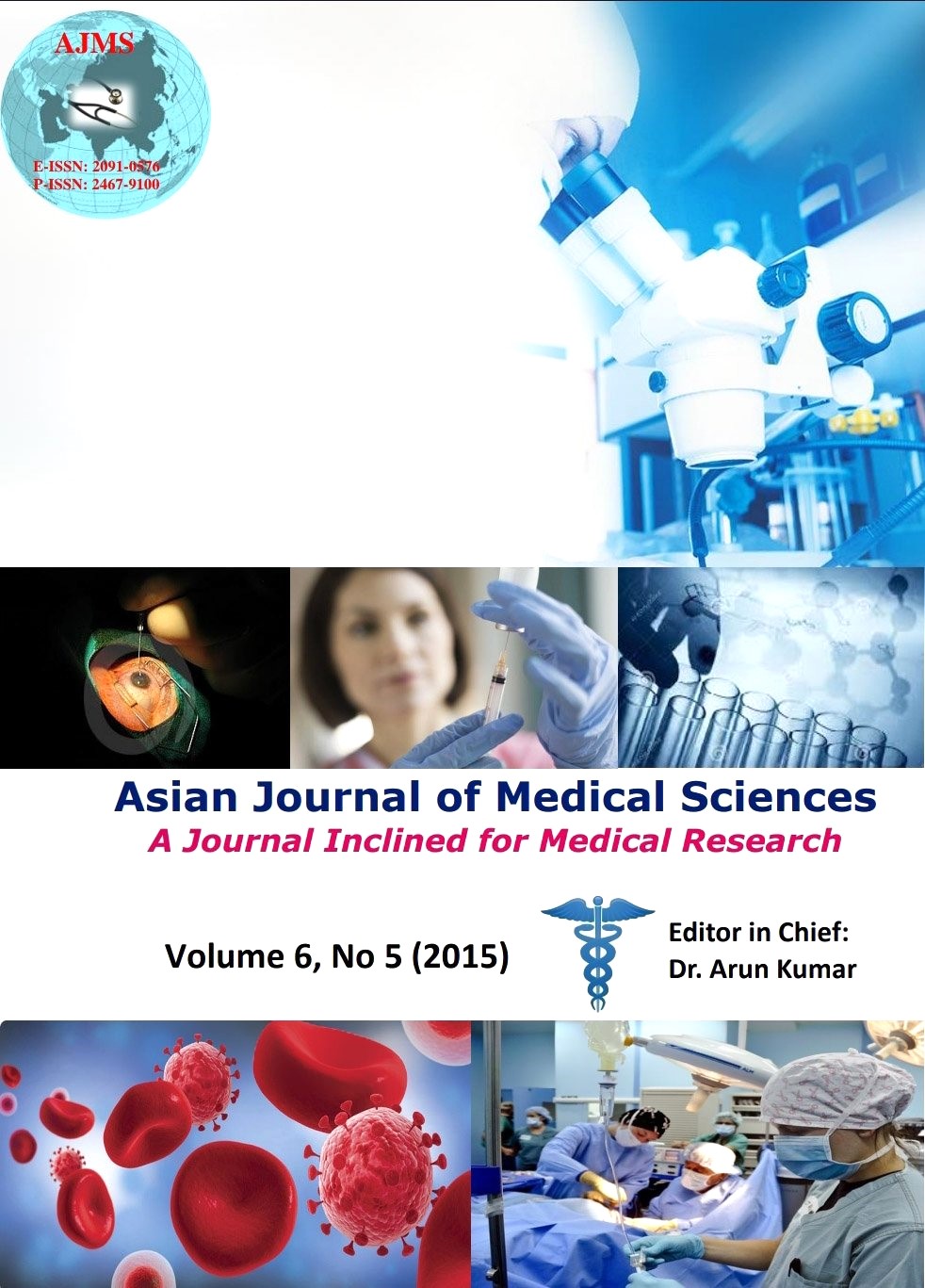Severe vivax malaria in Eastern India
Keywords:
severe, malaria, vivax, falciparumAbstract
Background: Conventionally, vivax malaria was called as benign malaria. But recent reports of severe vivax malaria were coming from different parts of the World. We studied to find out different attributes of patients, suffering from Plasmodium vivax to reveal some key pattern of severe vivax malaria.
Methods: Retrospective, observational and cross-sectional study was conducted comprising first hundred malaria indoor cases in a tertiary hospital in Kolkata, India, having unstable transmission. Their various parameters were noted in MS-Excel software. Malaria species was identified and severe malaria cases were noted according to WHO criteria. Data was analysed with GraphPad Instat Software.
Results: Among 57 vivax malaria cases, 16 (28.1%) were having severe malaria and among 32 falciparum malaria cases, 11 (34.4%) were having severe malaria; without significant difference between two species in incidence of severe malaria manifestations. Two (18.2%) patients suffering from mixed malaria had severe malaria. Jaundice was the commonest severe malaria manifestation.
Conclusion: Incidence of severe vivax malaria was high. Severe malaria manifestations were present in vivax and falciparum cases, without significant difference.
DOI: http://dx.doi.org/10.3126/ajms.v6i5.12094
Asian Journal of Medical Sciences Vol.6(5) 2015 17-20
Downloads
Downloads
Additional Files
Published
How to Cite
Issue
Section
License
Authors who publish with this journal agree to the following terms:
- The journal holds copyright and publishes the work under a Creative Commons CC-BY-NC license that permits use, distribution and reprduction in any medium, provided the original work is properly cited and is not used for commercial purposes. The journal should be recognised as the original publisher of this work.
- Authors are able to enter into separate, additional contractual arrangements for the non-exclusive distribution of the journal's published version of the work (e.g., post it to an institutional repository or publish it in a book), with an acknowledgement of its initial publication in this journal.
- Authors are permitted and encouraged to post their work online (e.g., in institutional repositories or on their website) prior to and during the submission process, as it can lead to productive exchanges, as well as earlier and greater citation of published work (See The Effect of Open Access).




